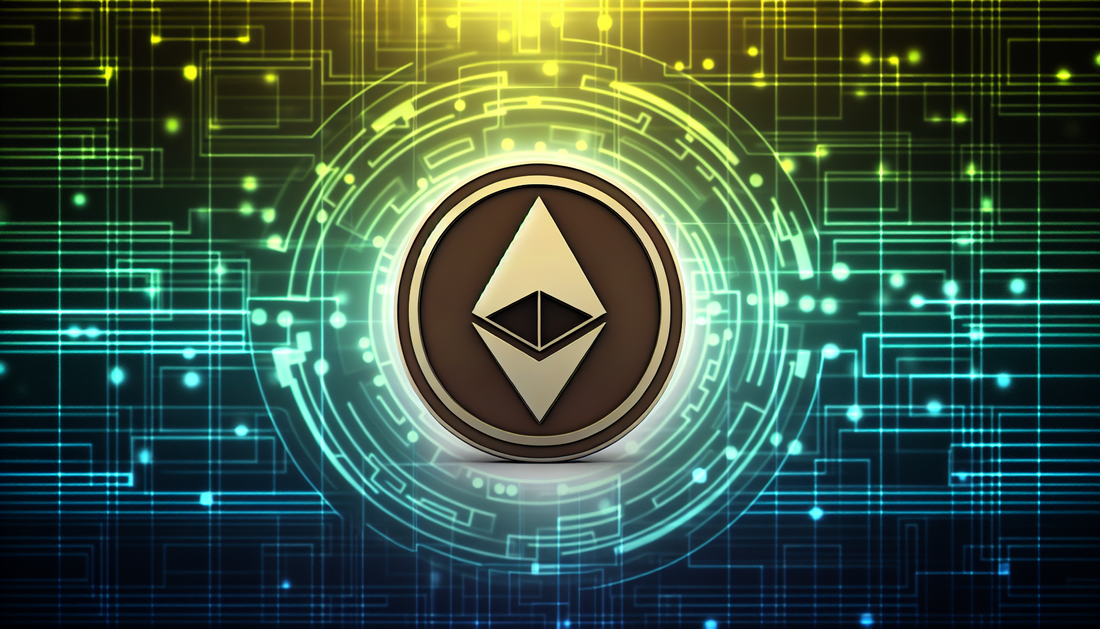
Unlocking Ethereum Classic: Use Cases Explored
Share
Exploring the Use Cases of Ethereum Classic (ETC)
Ethereum Classic (ETC) emerged after a contentious hard fork of the original Ethereum blockchain. Despite its similarities to Ethereum, Ethereum Classic has developed its own niche within the cryptocurrency space, focusing on immutability and decentralization. This article explores some of the notable use cases for Ethereum Classic and the potential applications that continue to drive its utilization.
1. Smart Contracts and Decentralized Applications (dApps)
Ethereum Classic retains the original Ethereum network's capability for developing and executing smart contracts. These are self-executing contracts with the terms of the agreement directly written into code. ETC is used as a platform for decentralized applications (dApps), which can operate without intermediaries. Applications on ETC, such as finance dApps, voting systems, and supply chain management solutions, benefit from the network's focus on code integrity and immutability.
2. Tokenization of Assets
Another significant use case for Ethereum Classic is the tokenization of assets. The platform allows for the creation of tokens that represent tangible or intangible assets. This capability opens up various possibilities for digital tokens representing real-world assets like real estate, stocks, or commodities. By leveraging the ETC blockchain, these tokens can ensure transparent and efficient transactions without a centralized authority.
3. Decentralized Finance (DeFi)
Ethereum Classic also finds relevance in the burgeoning decentralized finance (DeFi) sector. DeFi protocols do not rely on traditional financial intermediaries, instead utilizing smart contracts on blockchain networks to offer financial services. Ethereum Classic provides an alternative DeFi infrastructure focused on security and decentralization, appealing to developers and users skeptical of Ethereum's more frequent upgrades and changes.
4. Community Projects and Collaboration
The Ethereum Classic ecosystem nurtures community-driven projects and collaborations aimed at extending the blockchain's use. Such projects often explore game development, identity management solutions, and more. ETC's commitment to a permissionless and immutable blockchain environment makes it an attractive option for developing diverse applications aiming for long-term stability.
5. Partnerships with Other Blockchain Projects
Ethereum Classic continues to foster strategic partnerships with other blockchain projects to enhance interoperability and drive its utility. Through collaborations and alliance-building, like interactions with [UMA's Protocol](https://bestdapps.com/unlocking-uma-the-future-of-decentralized-finance-March-27-2025) and other decentralized platforms, ETC widens its scope while adhering to its core principle of immutability.
For anyone interested in exploring Ethereum Classic's unique capabilities and its applications in current blockchain ecosystems, starting with its decentralized app solutions might be rewarding. If you're considering delving into the ETC platform's potential, visiting a cryptocurrency exchange like Binance could be a beneficial first step.
